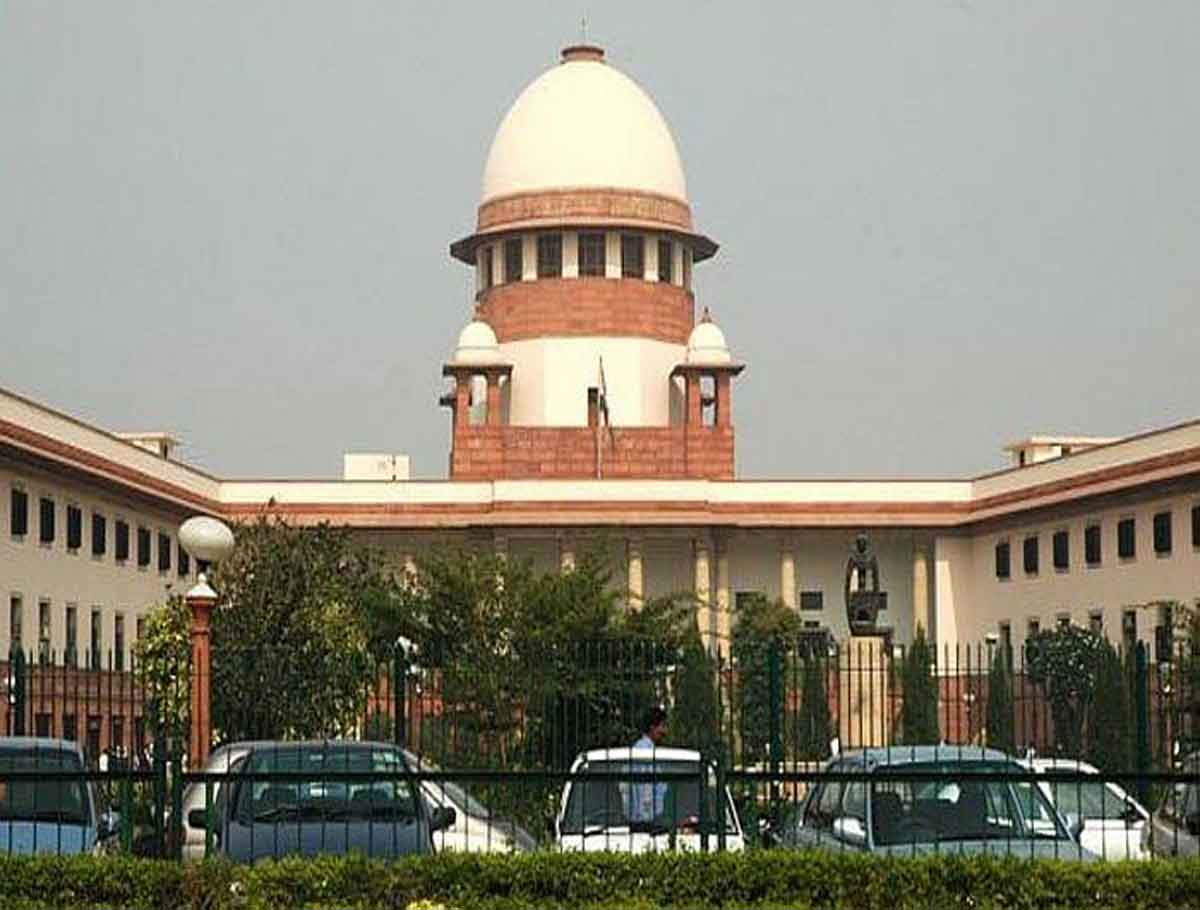Delhi/Hyderabad, Dec 11 (Hydnow): The Supreme Court on Monday said that the President has the power to issue a notification declaring that Article 370 ceases to exist even after the dissolution of the Constituency Assembly of Jammu and Kashmir.
Chief Justice of India D.Y.Chandrachud said that the effect of the President declaring under Clause 370(3) that Article 370 ceases to exist is that provisions of the Constitution that apply to every other state would equally apply to the State of Jammu and Kashmir.
Chief Justice of India, (CJI) Chandrachud said that holding that the power under Article 370(3) cannot be exercised after the dissolution of the Constituent Assembly would lead to the ‘freezing of the process of integration contrary to the purpose of introducing the provision.” he added. “If the contention of the petitioners on the interpretation of Article 370 vis-a-vis the dissolution of the Constituent Assembly is accepted then Article 370(3) would become redundant and would lose its temporary character.
CJI Chandrachud held that the President while deciding if the power under Article 370(3) must be exercised, is a policy decision that completely falls within the realm of the executive. “The Court cannot sit in appeal over the decision of the President on whether the special circumstances which led to the arrangement under Article 370 have ceased to exist. “he said.
CJI held that the declaration issued by the President in the exercise of power under Article 370(3) is a culmination of the process of integration and did not find that the President’s exercise of power under Article 370(3) was mala fide. (Hydnow)
Next Story:
-
Heavy Rains In Telangana For Next Three Days

The people of Telangana have been alerted because of moderate to heavy rains in the state for the next three days, according to the Indian Meteorological Department (IMD).
Now you can get the latest stories from Hydnow every day. Click the link to subscribe. Click to follow Hydnow’s Facebook page and Twitter and Instagram




